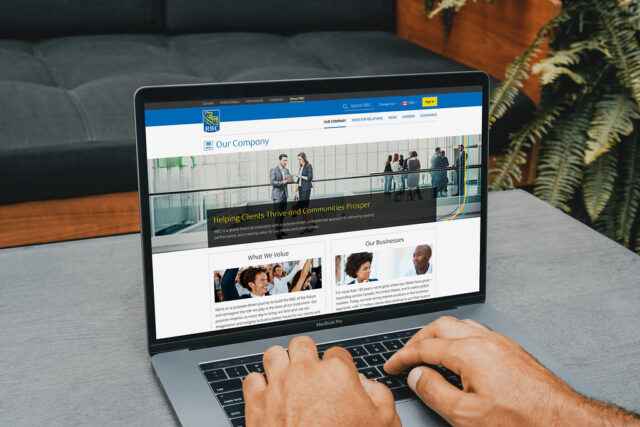
In today’s digital age, online banking has become an essential part of our lives. It offers convenience and flexibility, allowing us to manage our finances from the comfort of our homes. However, with this convenience comes the risk of online banking fraud. Cybercriminals are constantly finding new ways to exploit vulnerabilities and steal sensitive information. To help you protect yourself, here are some essential online banking fraud prevention tips.
1. Keep Your Login Credentials Secure
Your login credentials, including your username and password, are the keys to your online banking account. It is crucial to keep them secure to prevent unauthorized access. Avoid using obvious passwords and consider using a combination of letters, numbers, and special characters. Additionally, never share your login information with anyone and avoid using public computers or unsecured Wi-Fi networks to access your online banking account.
2. Enable Two-Factor Authentication
Two-factor authentication adds an extra layer of security to your online banking account. It requires you to provide a second form of verification, such as a unique code sent to your mobile device, in addition to your login credentials. By enabling two-factor authentication, you significantly reduce the risk of unauthorized access, even if someone manages to obtain your login information.
3. Regularly Monitor Your Accounts
One of the most effective ways to detect online banking fraud early is by regularly monitoring your accounts. Keep a close eye on your transactions and statements, and report any suspicious activity to your bank immediately. Many banks offer mobile apps that allow you to check your account activity in real-time, making it easier to identify any unauthorized transactions.
4. Be Cautious of Phishing Attempts
Phishing is a common technique used by cybercriminals to trick individuals into revealing their sensitive information. They often send emails or messages that appear to be from your bank, asking you to click on a link or provide personal details. Be cautious of such attempts and never click on suspicious links or provide personal information unless you are absolutely sure of the source’s authenticity. Remember, your bank will never ask for your login credentials or sensitive information via email or text.
5. Update Your Devices and Software
Keeping your devices and software up to date is crucial for online banking security. Regularly update your operating system, web browser, and antivirus software to ensure you have the latest security patches. Outdated software can have vulnerabilities that cybercriminals can exploit to gain access to your personal information.
6. Use Secure Networks
When accessing your online banking account, always use secure networks. Avoid using public Wi-Fi networks, as they are often unsecured and can be easily compromised. Instead, use a trusted and secure internet connection, such as your home Wi-Fi or a personal mobile hotspot. This reduces the risk of your information being intercepted by hackers.
7. Be Wary of Third-Party Apps
While there are many useful financial apps available, be cautious when granting access to your online banking account. Only use reputable apps from trusted sources and carefully review the permissions they require. Avoid granting unnecessary access to your personal and financial information.
8. Regularly Update Your Passwords
Regularly updating your passwords is essential for online banking security. Set a reminder to change your passwords every few months, and ensure that each password is unique and not used for any other accounts. Avoid using easily guessable information, such as your name or date of birth, and consider using a password manager to securely store your passwords.
9. Educate Yourself About Online Scams
Staying informed about the latest online scams and fraud techniques is crucial for protecting yourself. Educate yourself about common types of online banking fraud, such as identity theft, phishing, and malware attacks. By being aware of the risks, you can better identify potential threats and take appropriate preventive measures.
10. Contact Your Bank Immediately
If you suspect any fraudulent activity or have concerns about the security of your online banking account, contact your bank immediately. They have dedicated teams to handle such issues and can guide you through the necessary steps to secure your account and prevent any further unauthorized access.
In Conclusion
By following these online banking fraud prevention tips, you can significantly reduce the risk of falling victim to cybercriminals. Remember, staying vigilant and taking proactive measures is key to protecting your financial information and ensuring a secure online banking experience.











